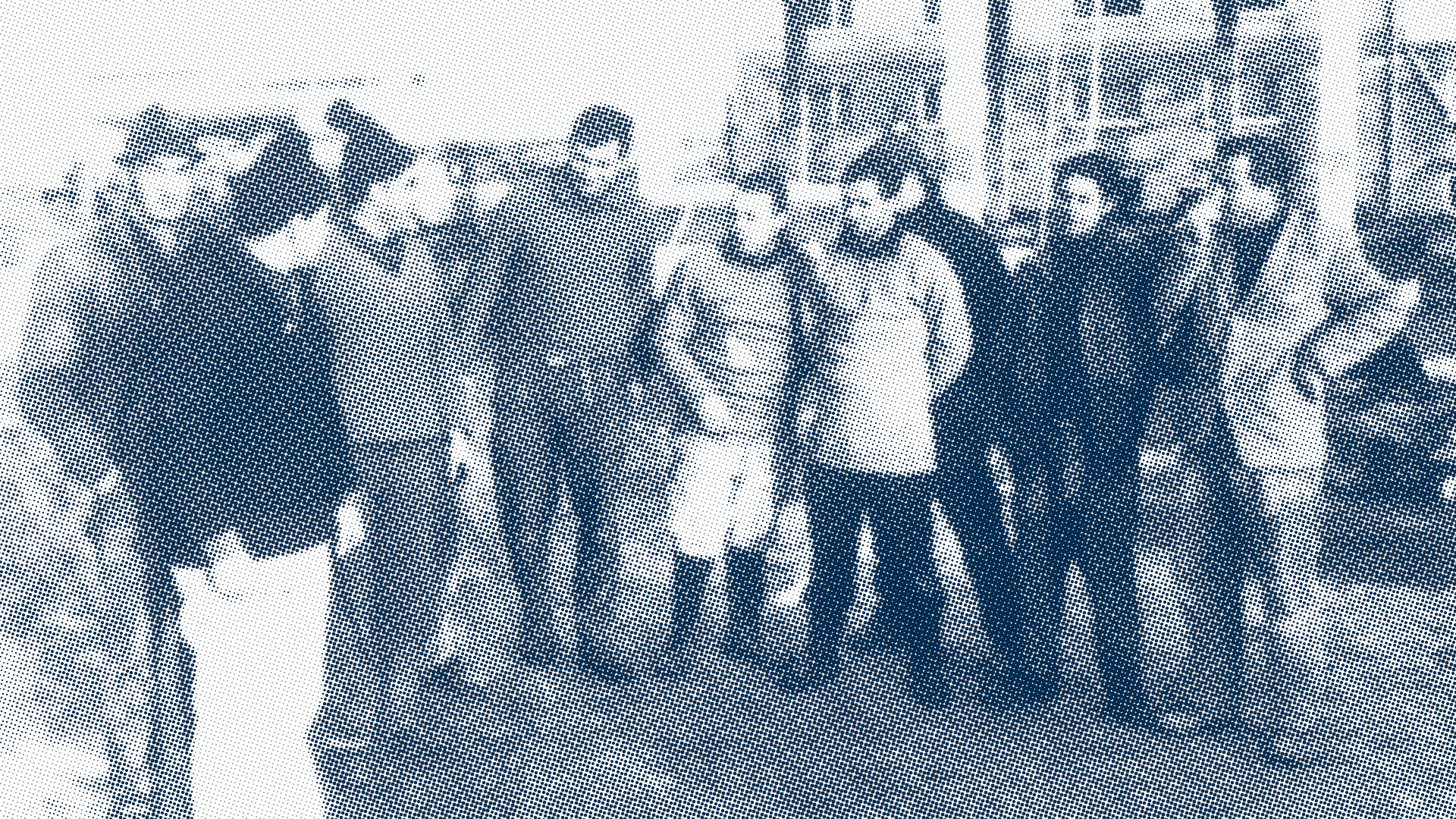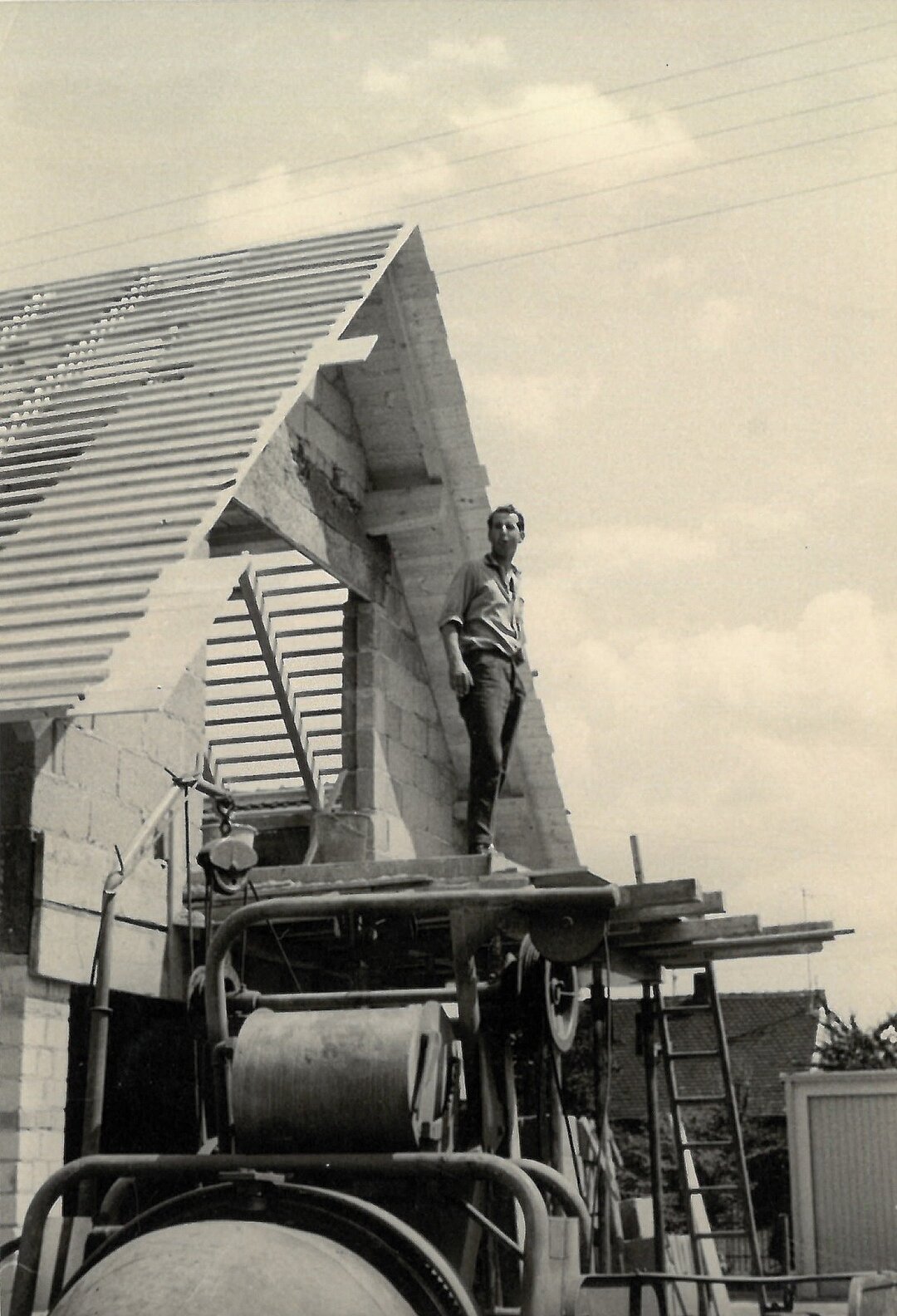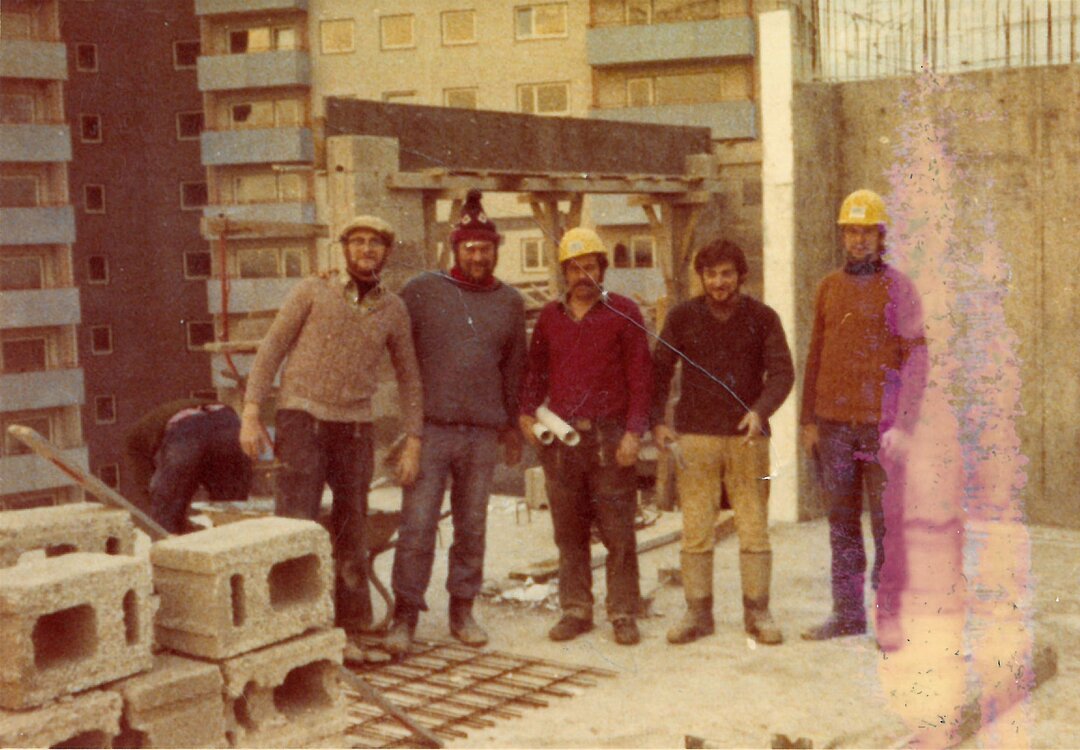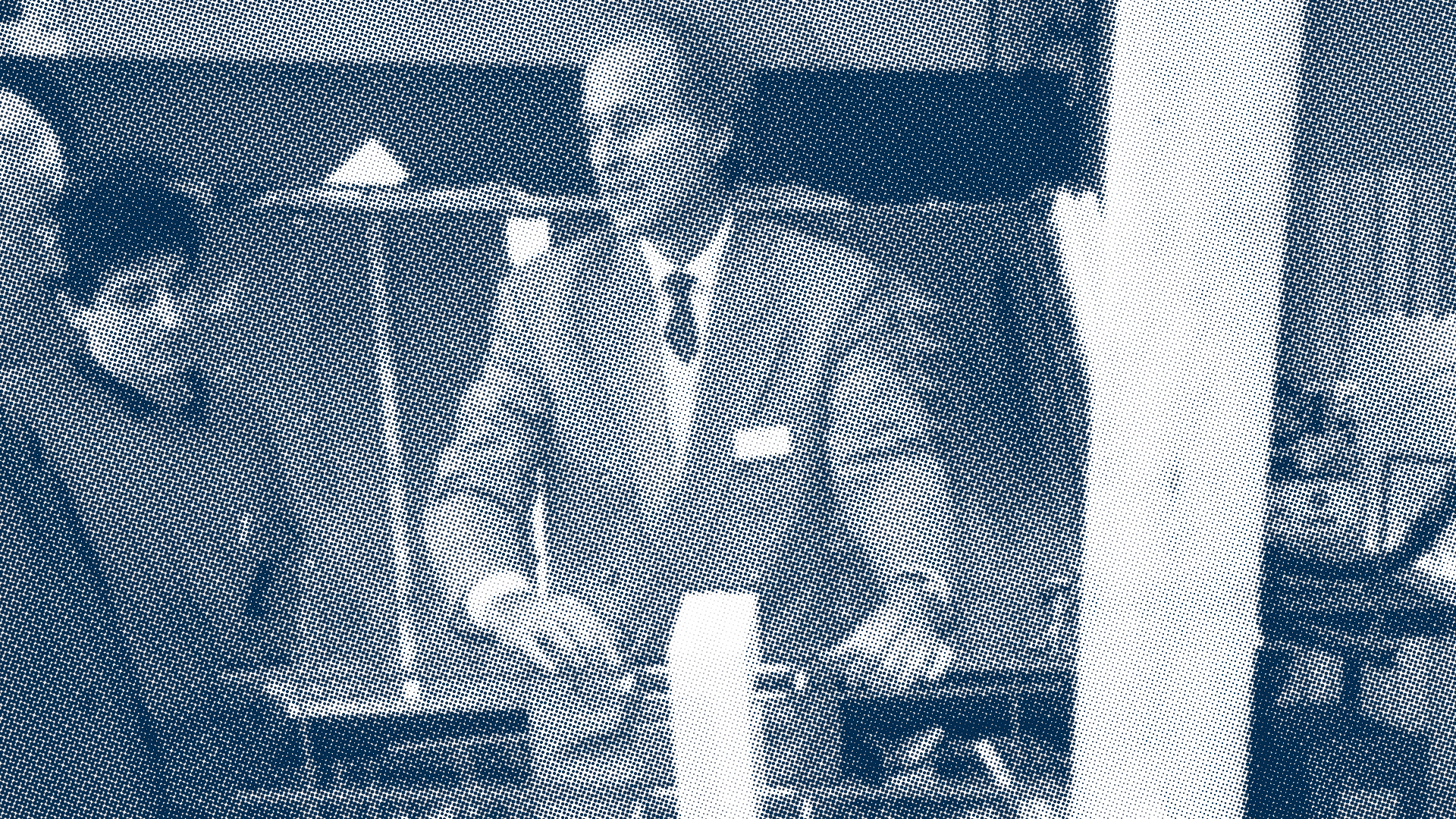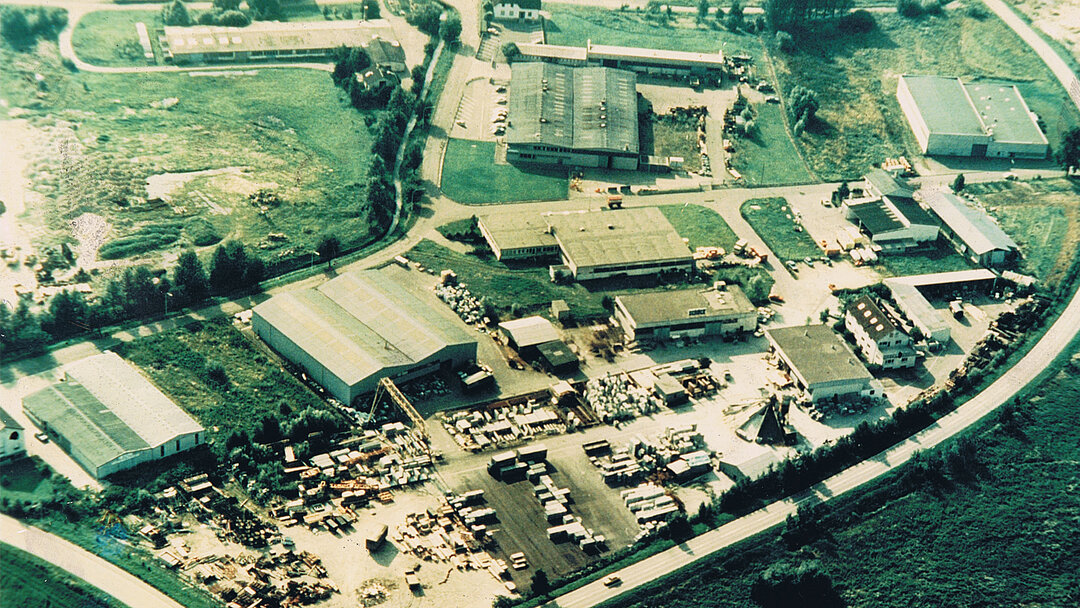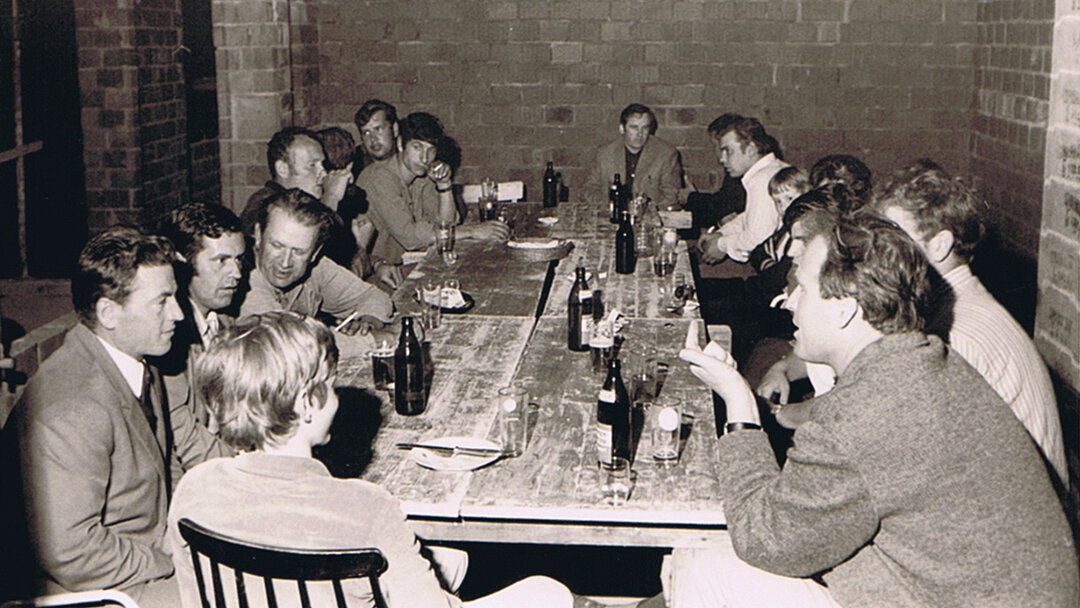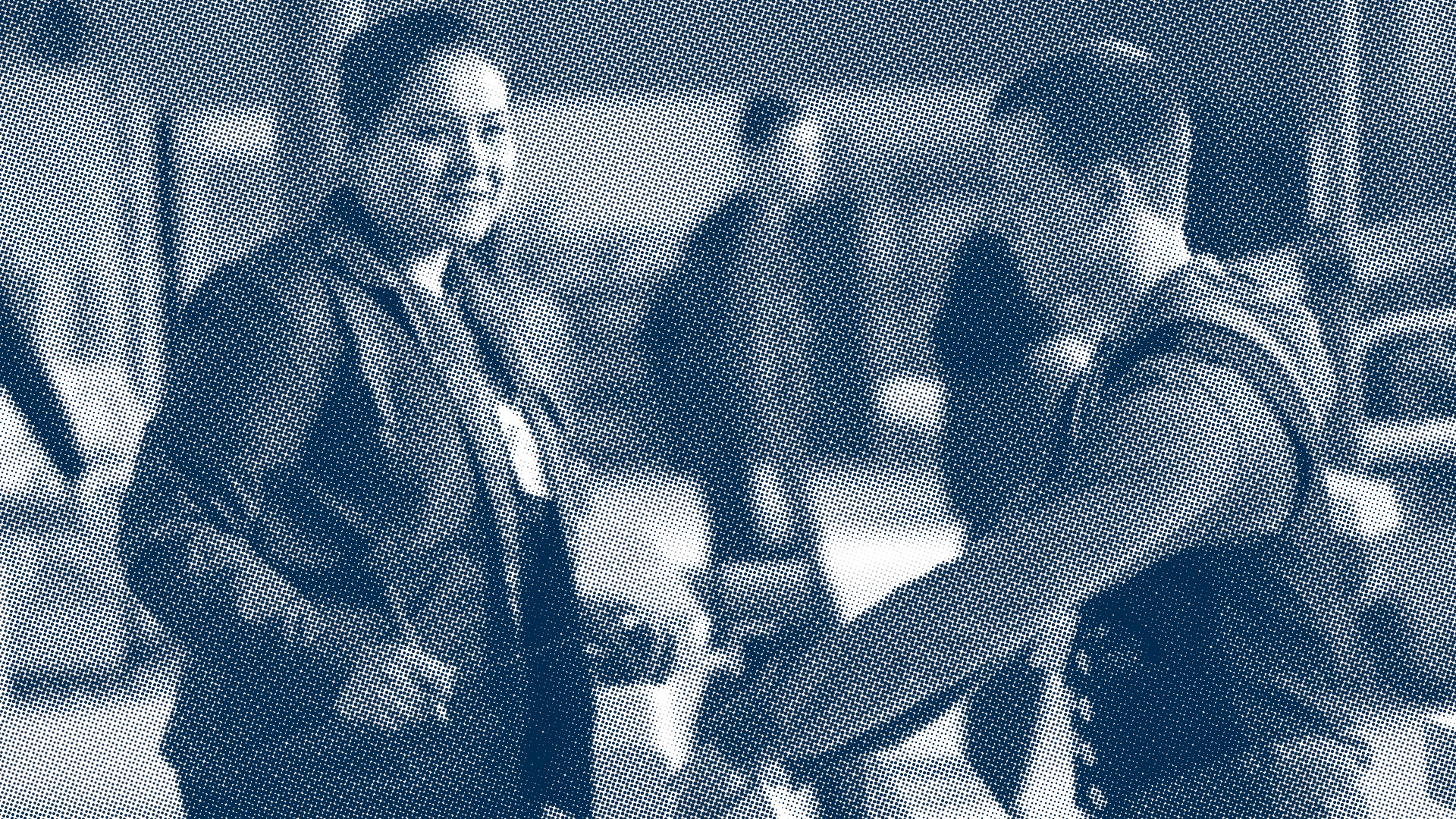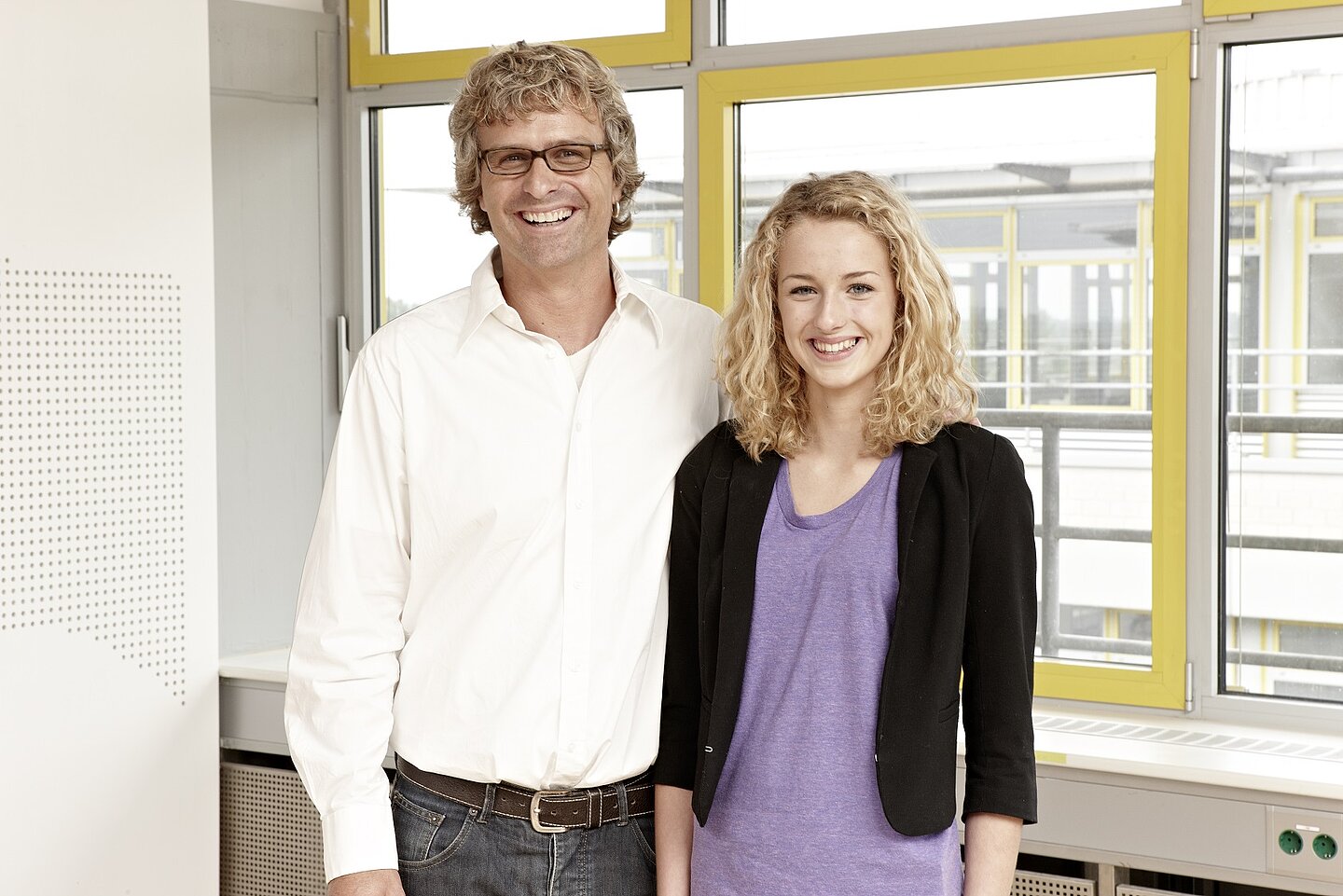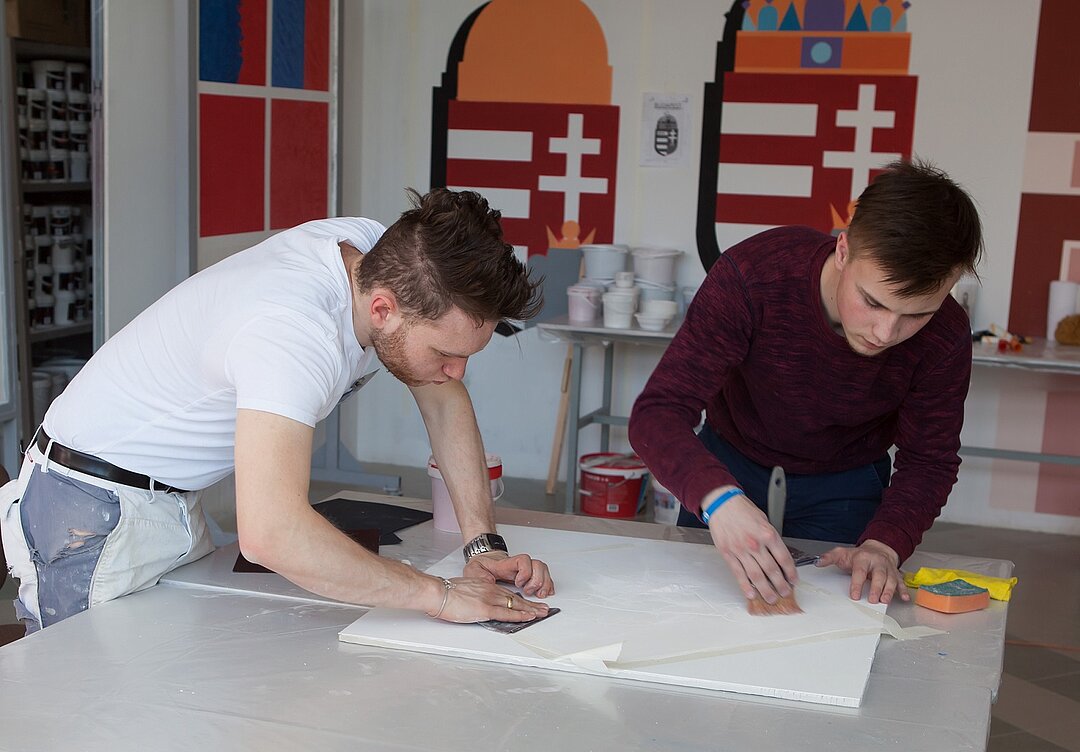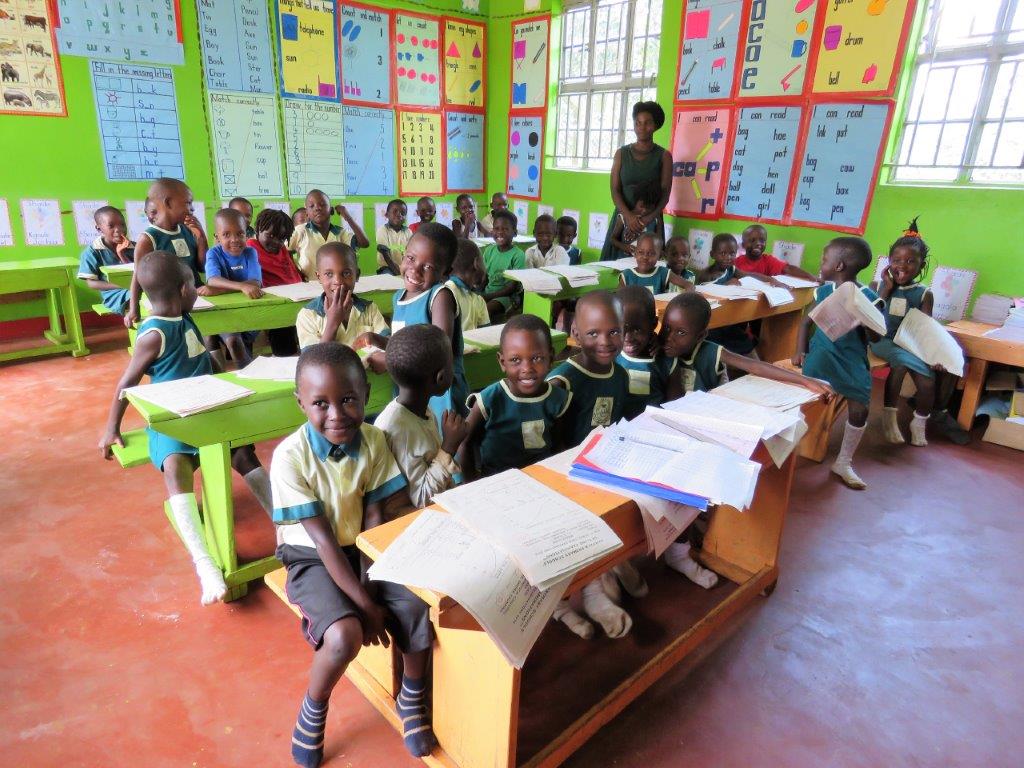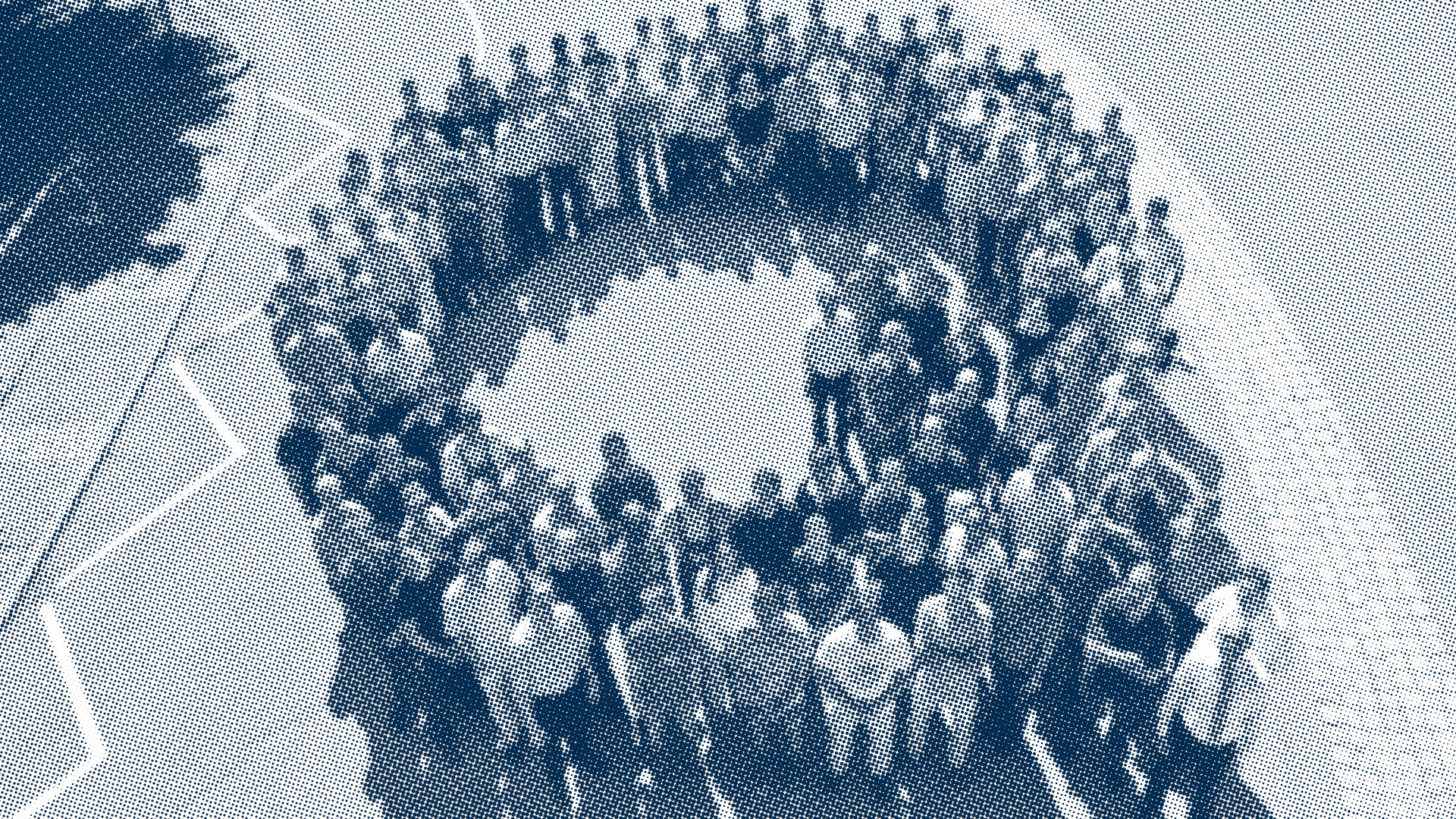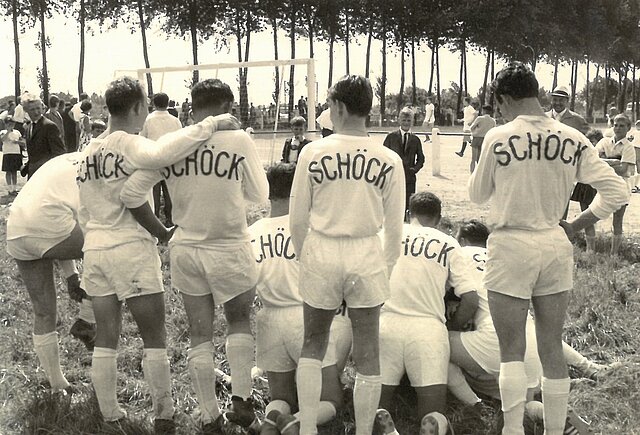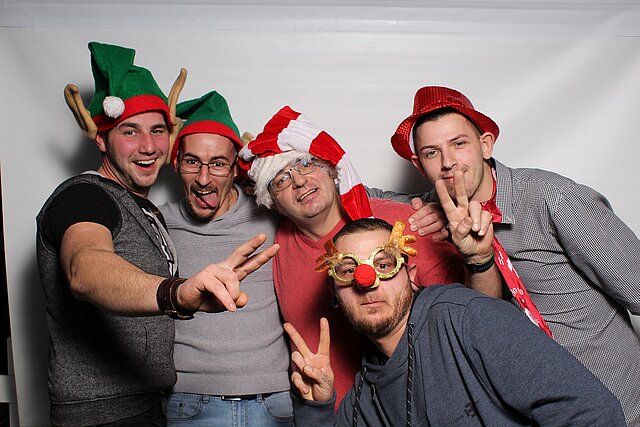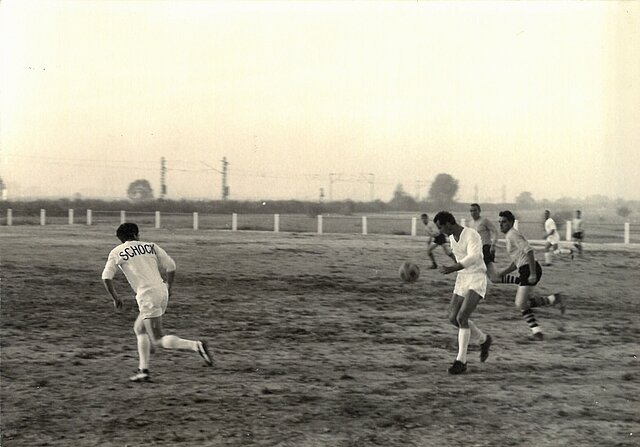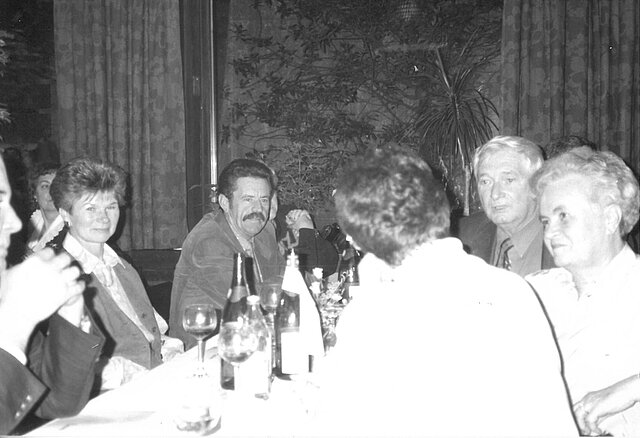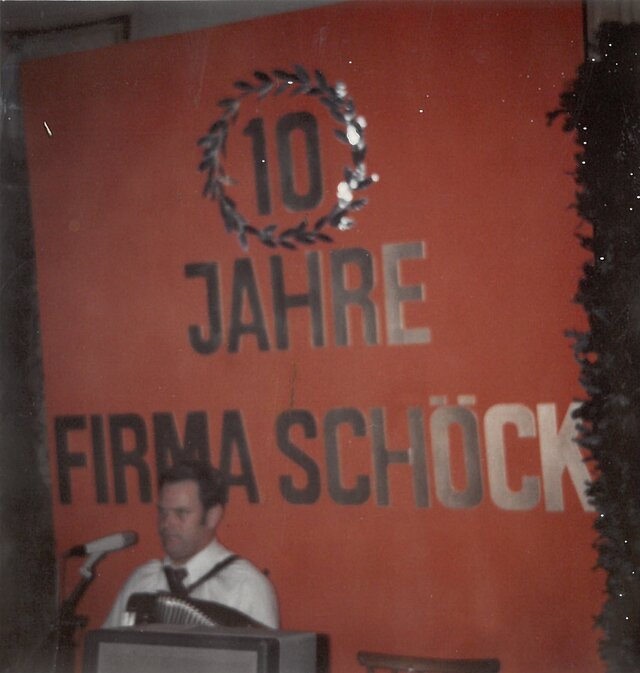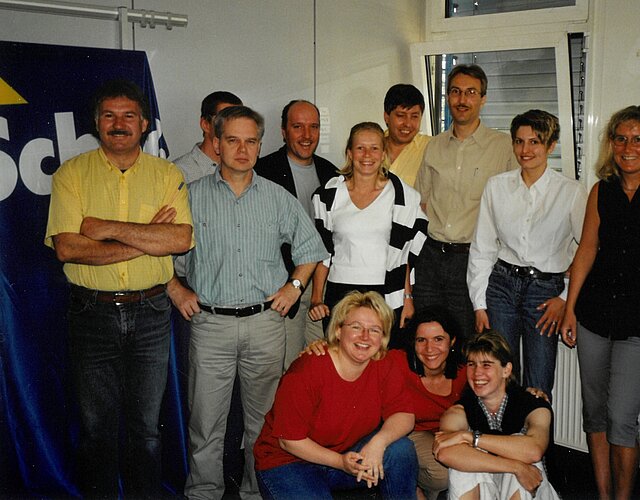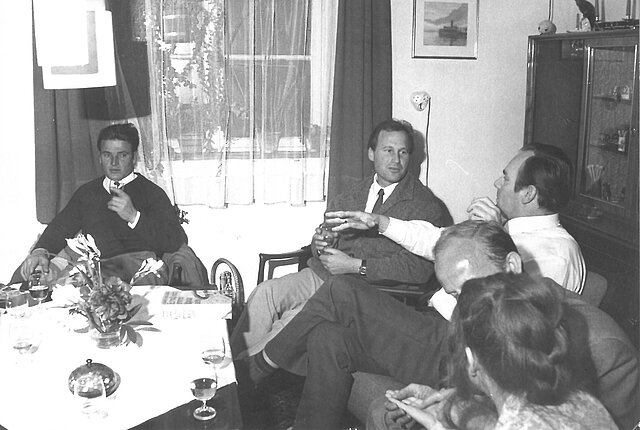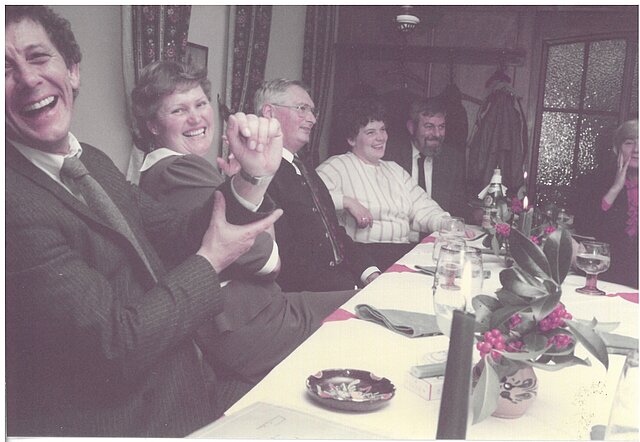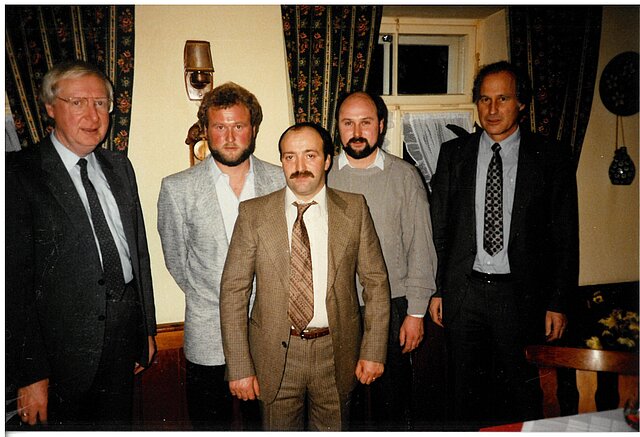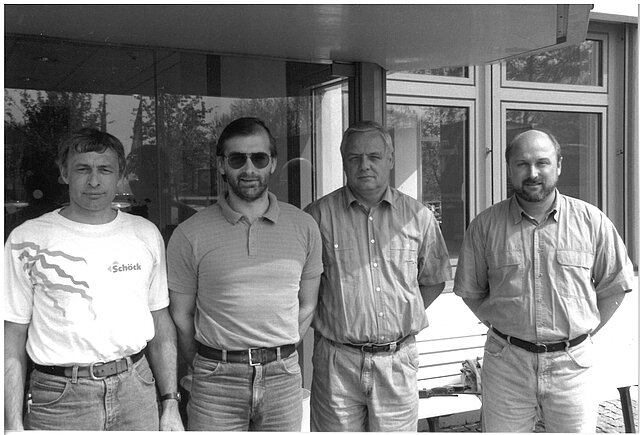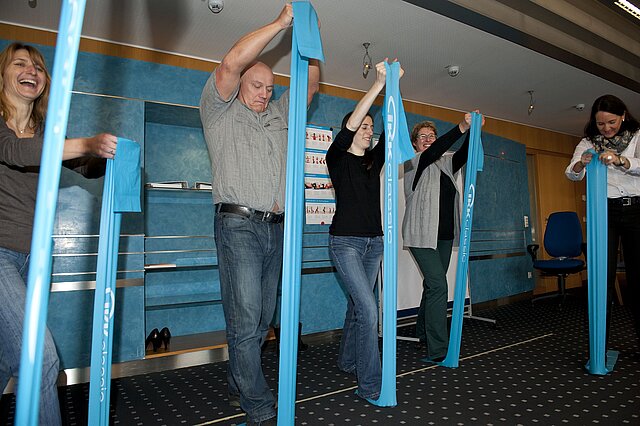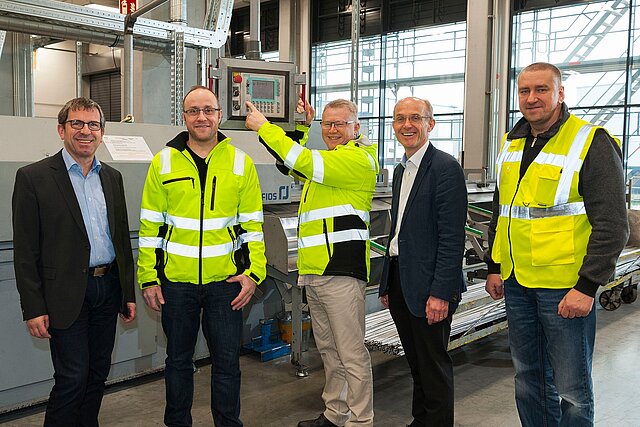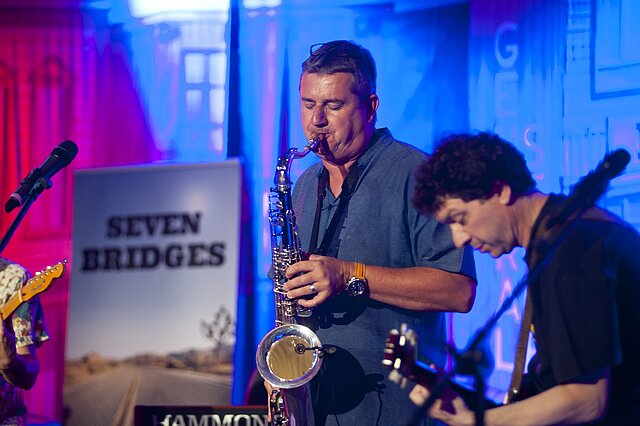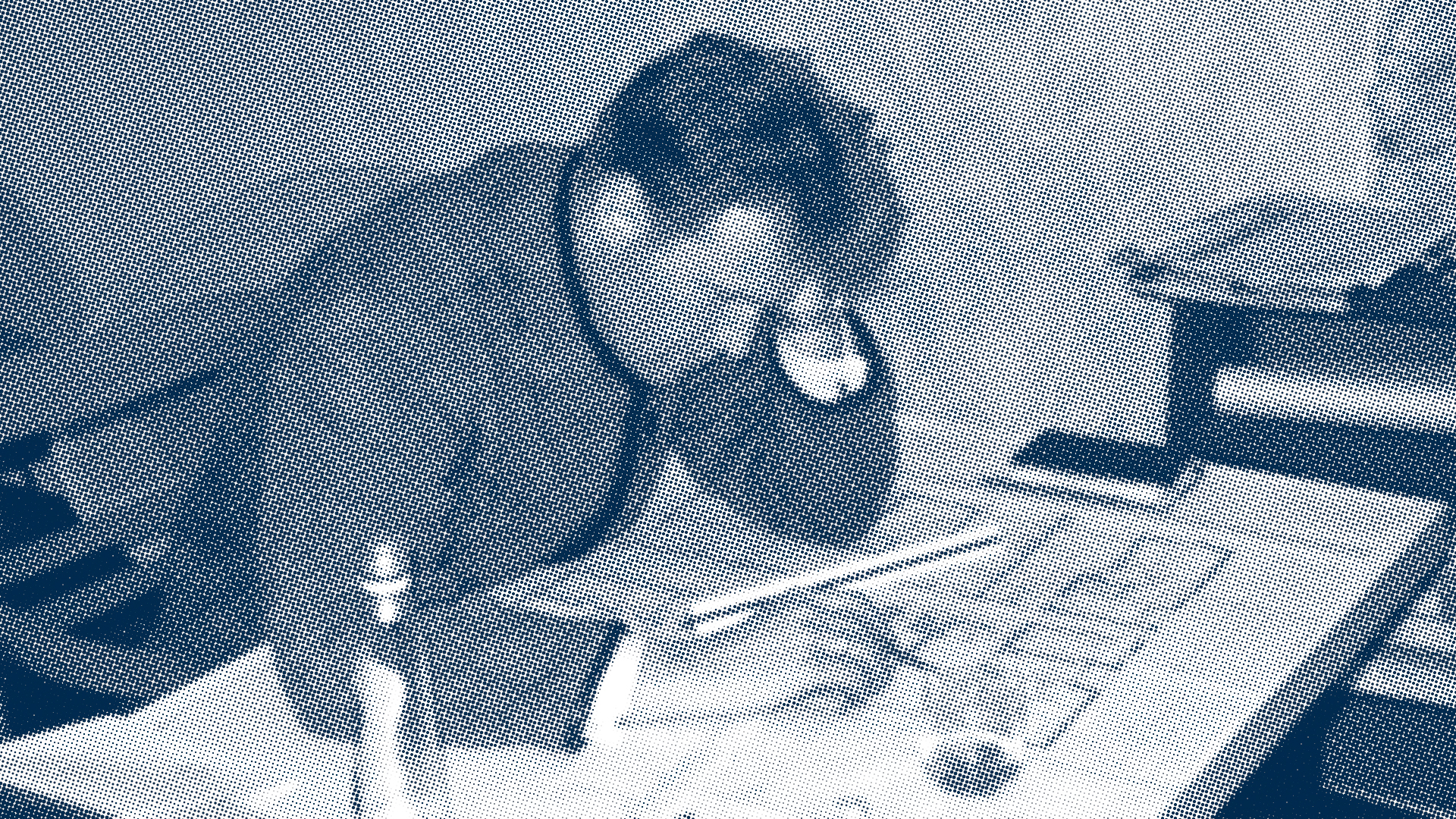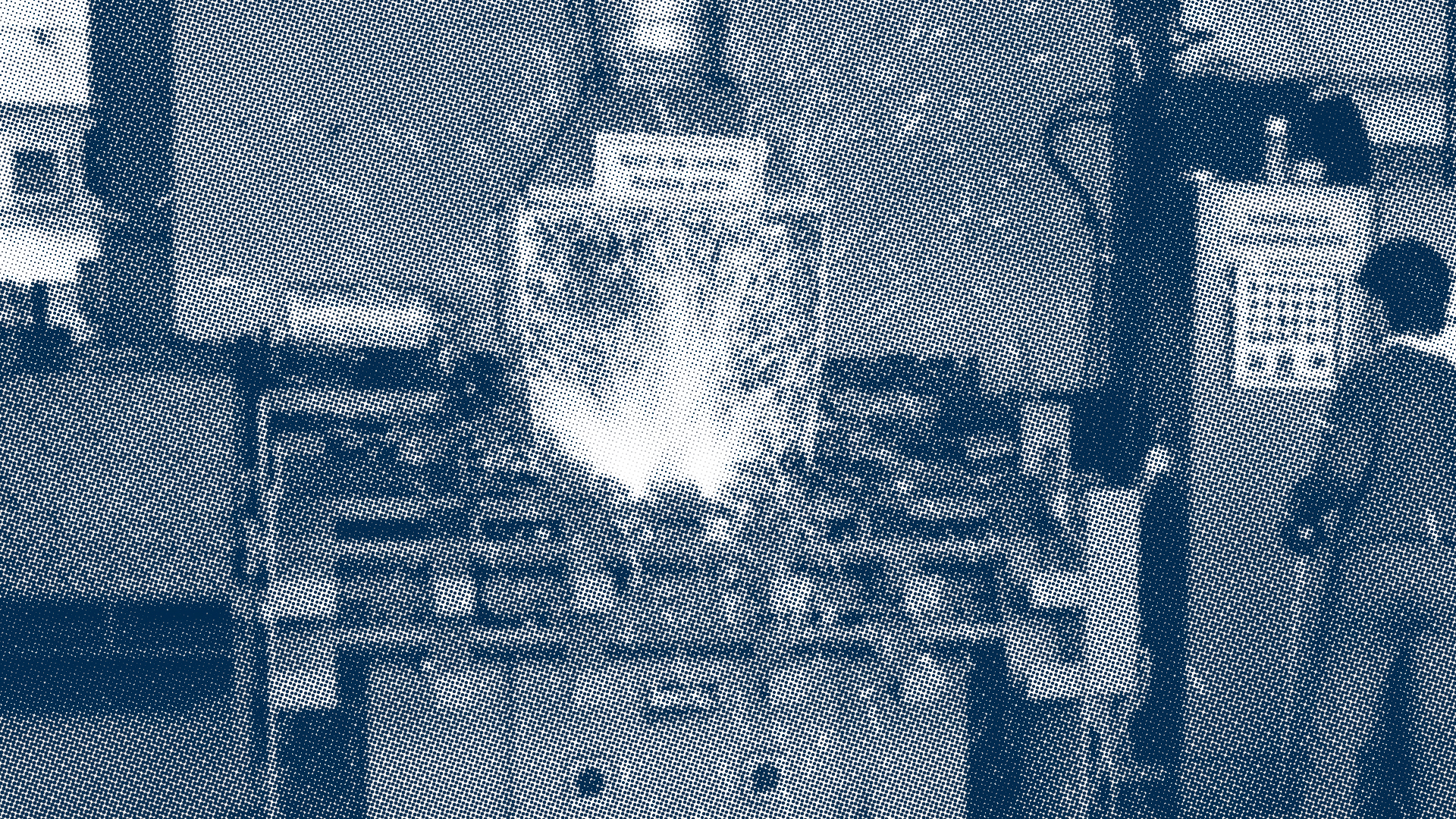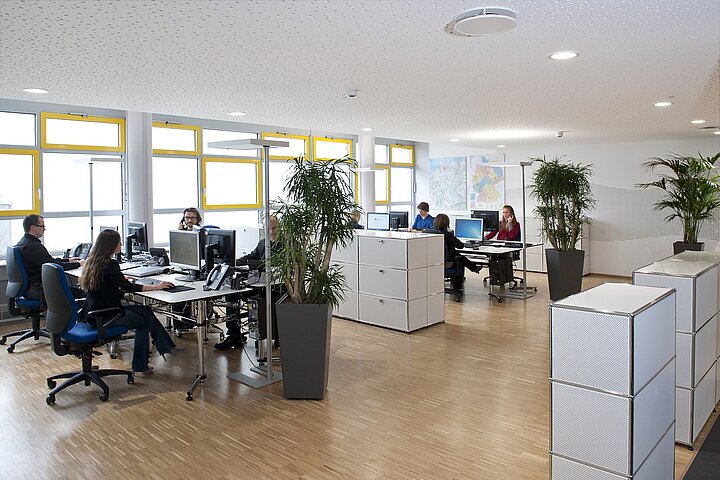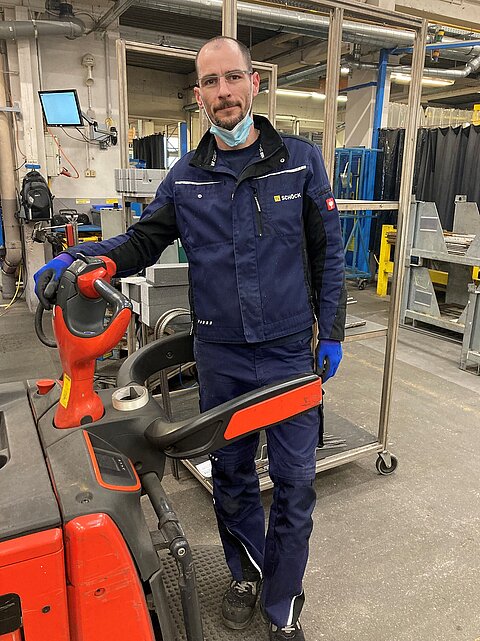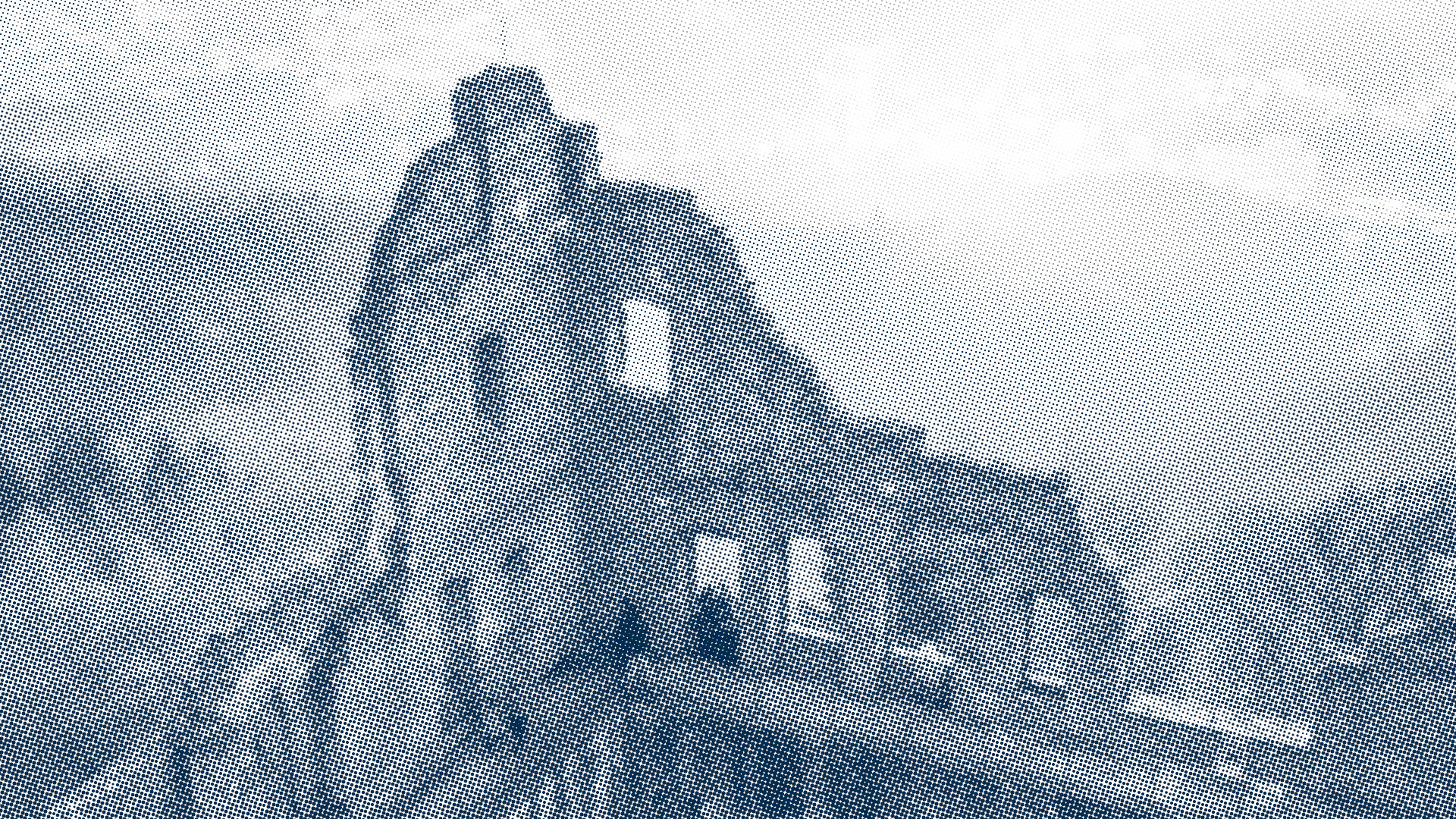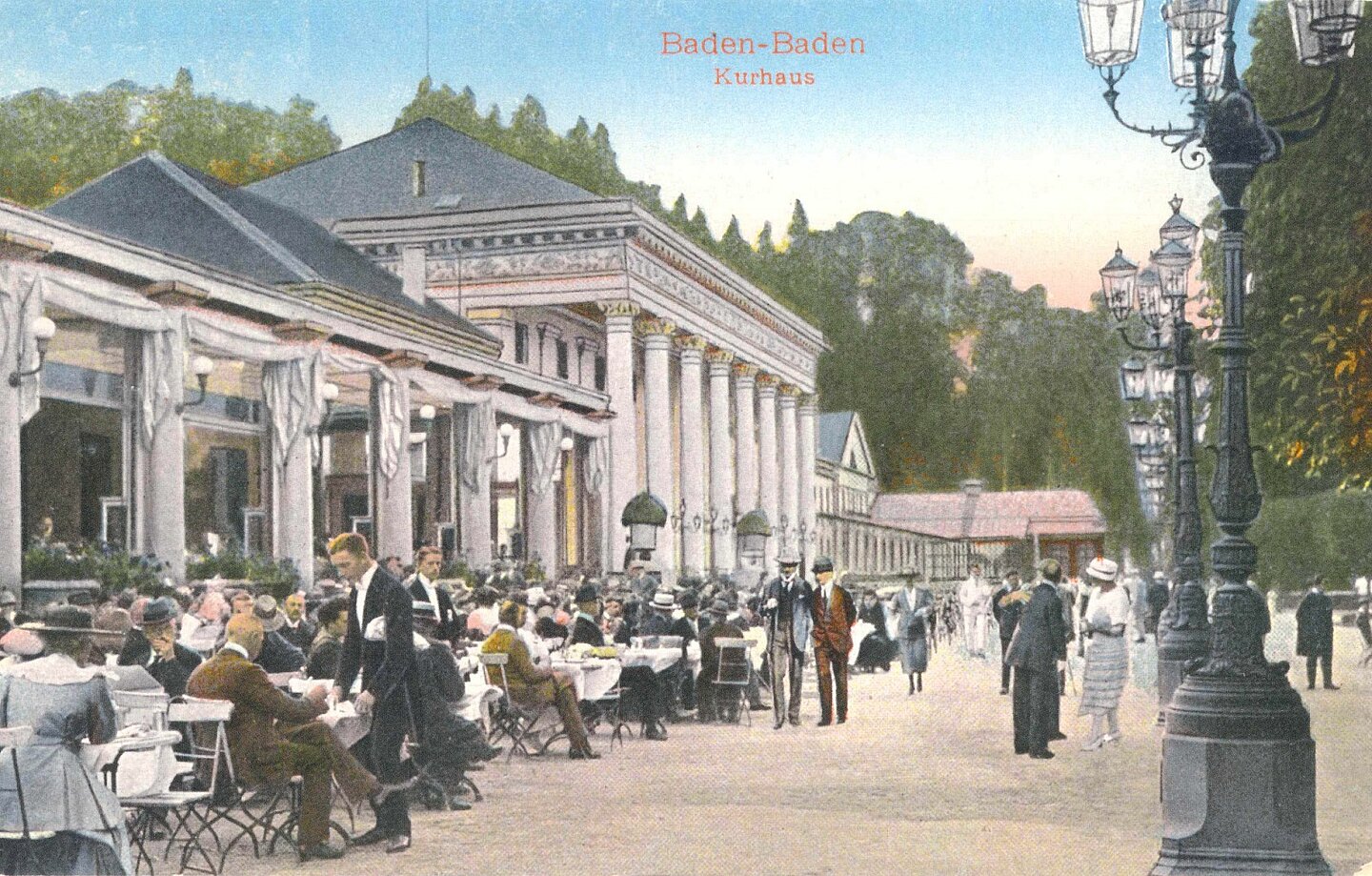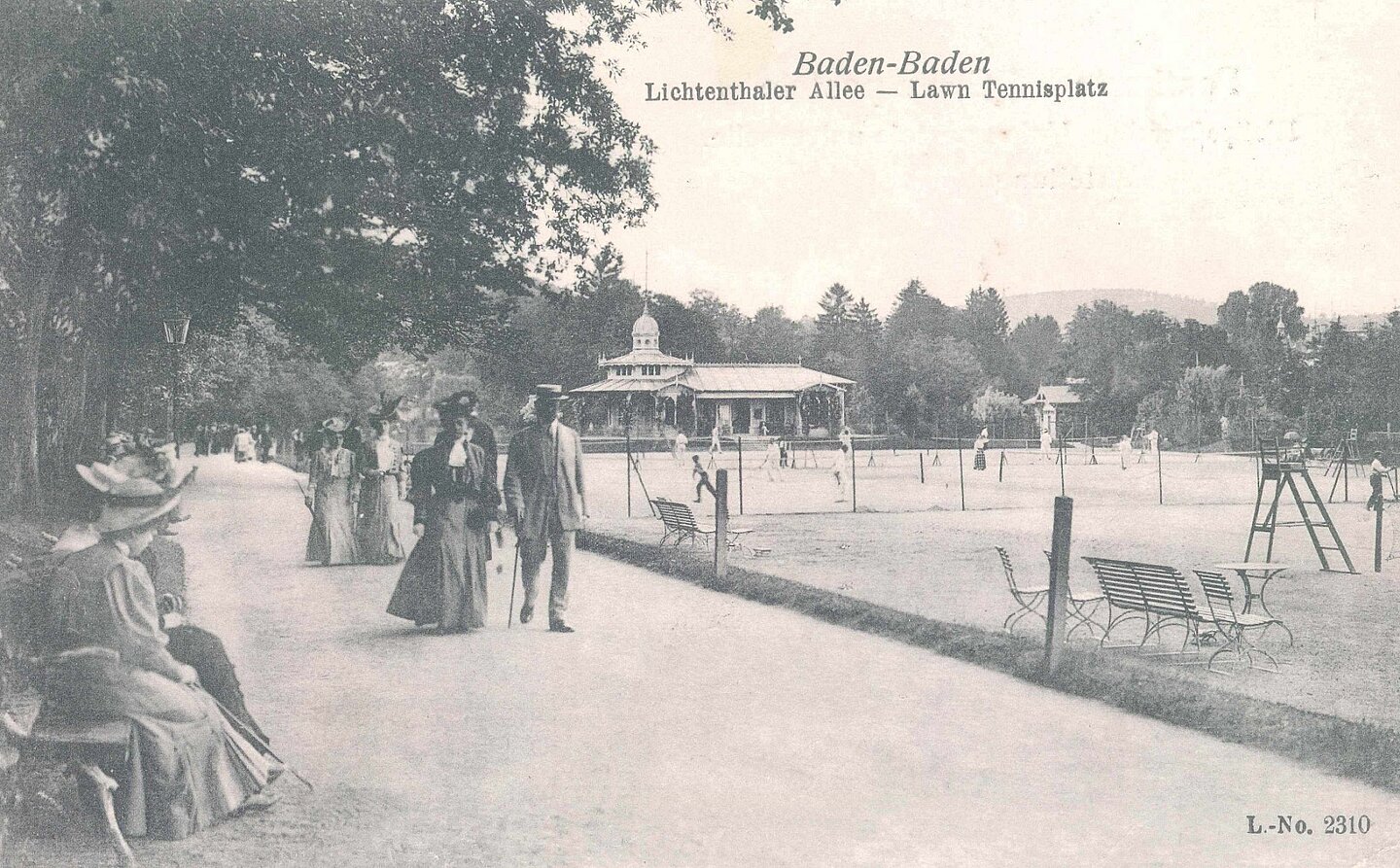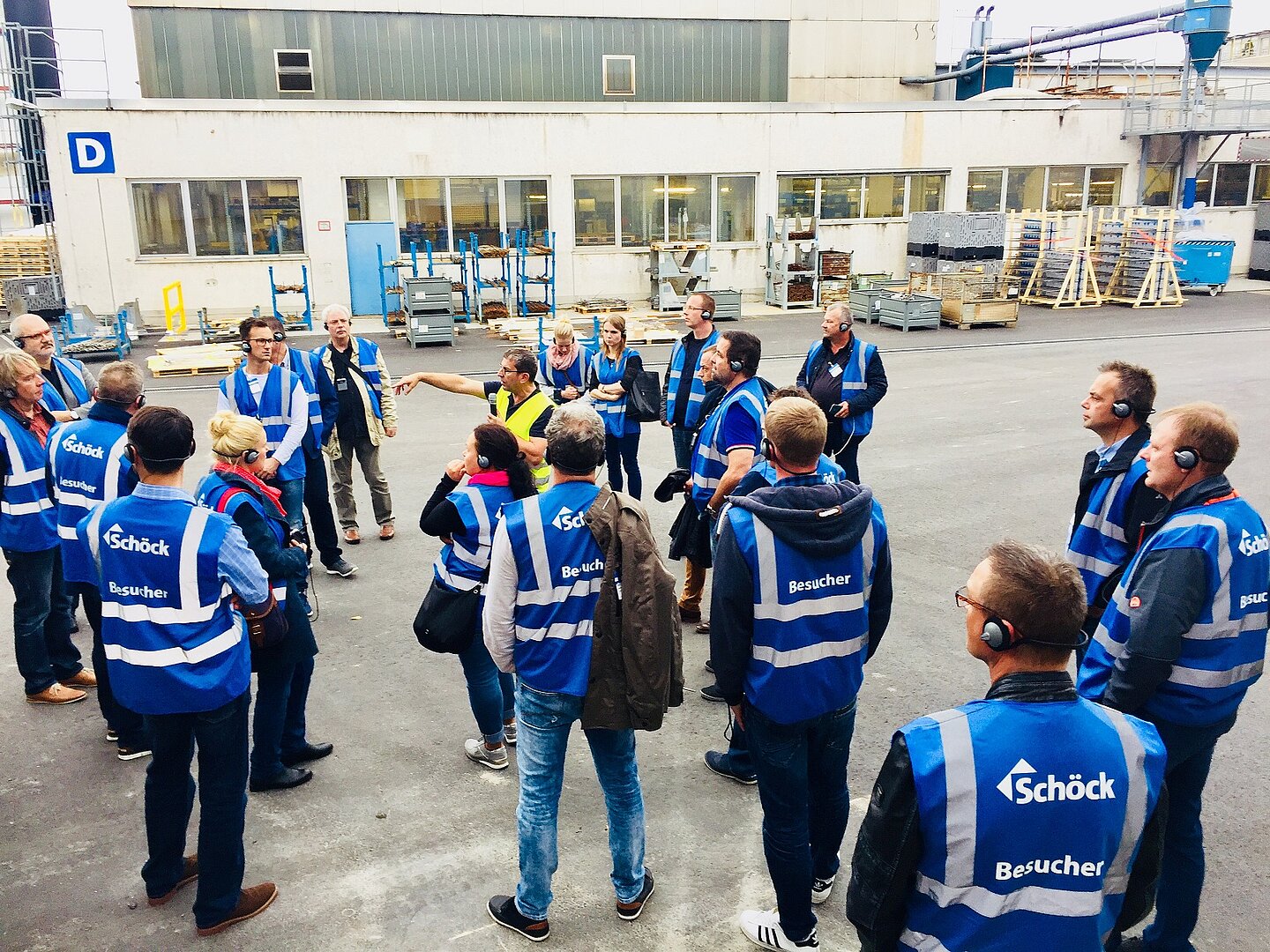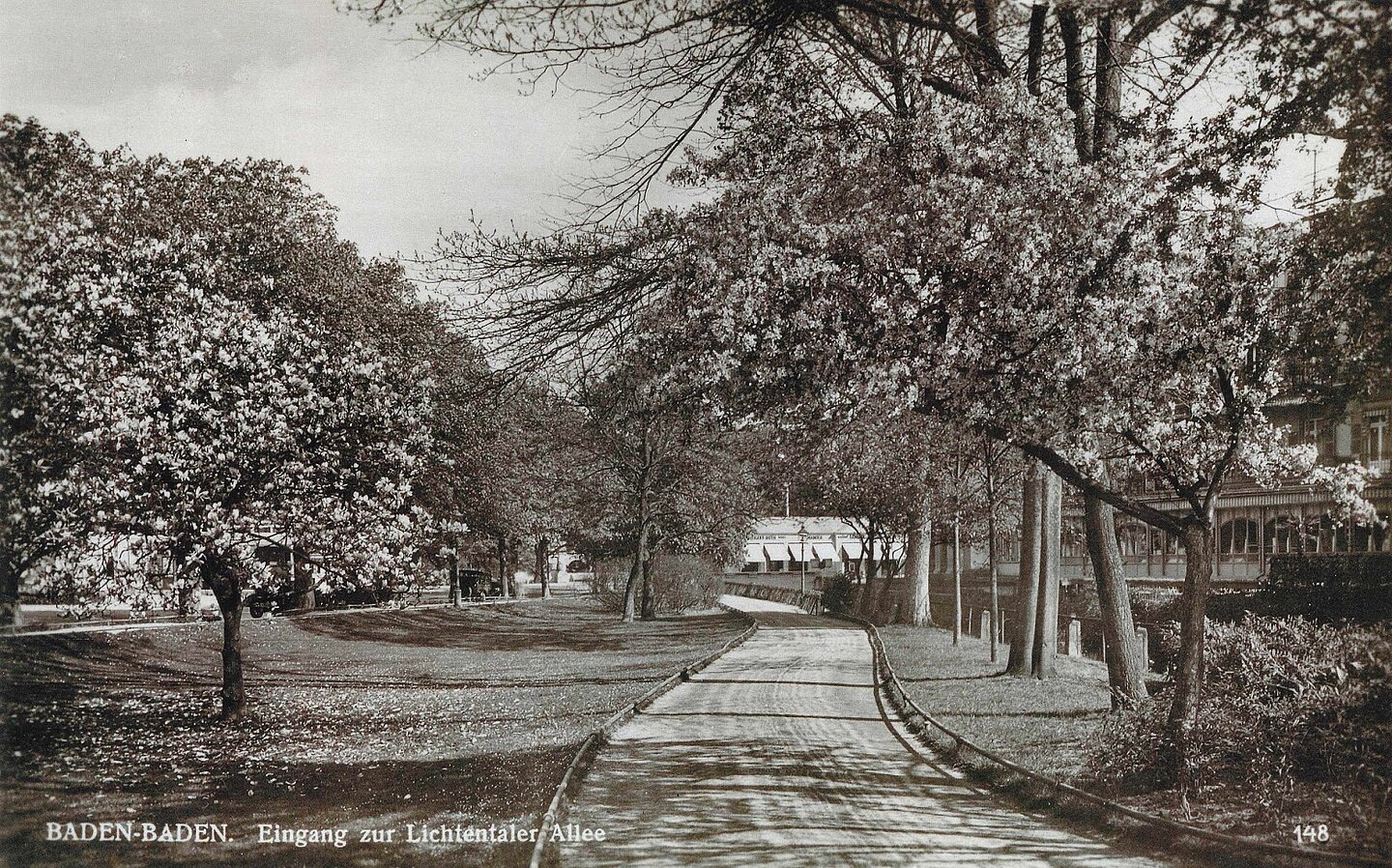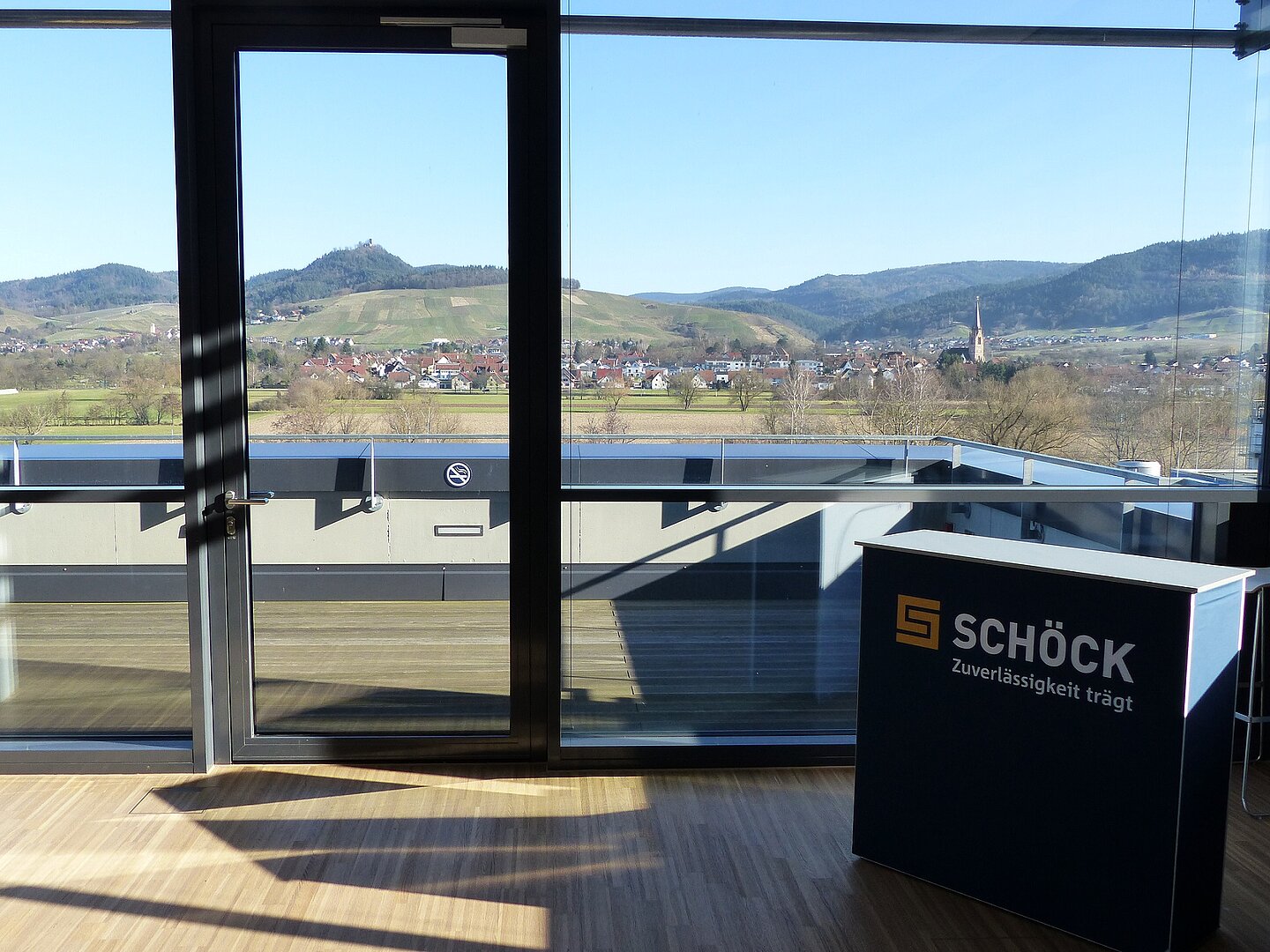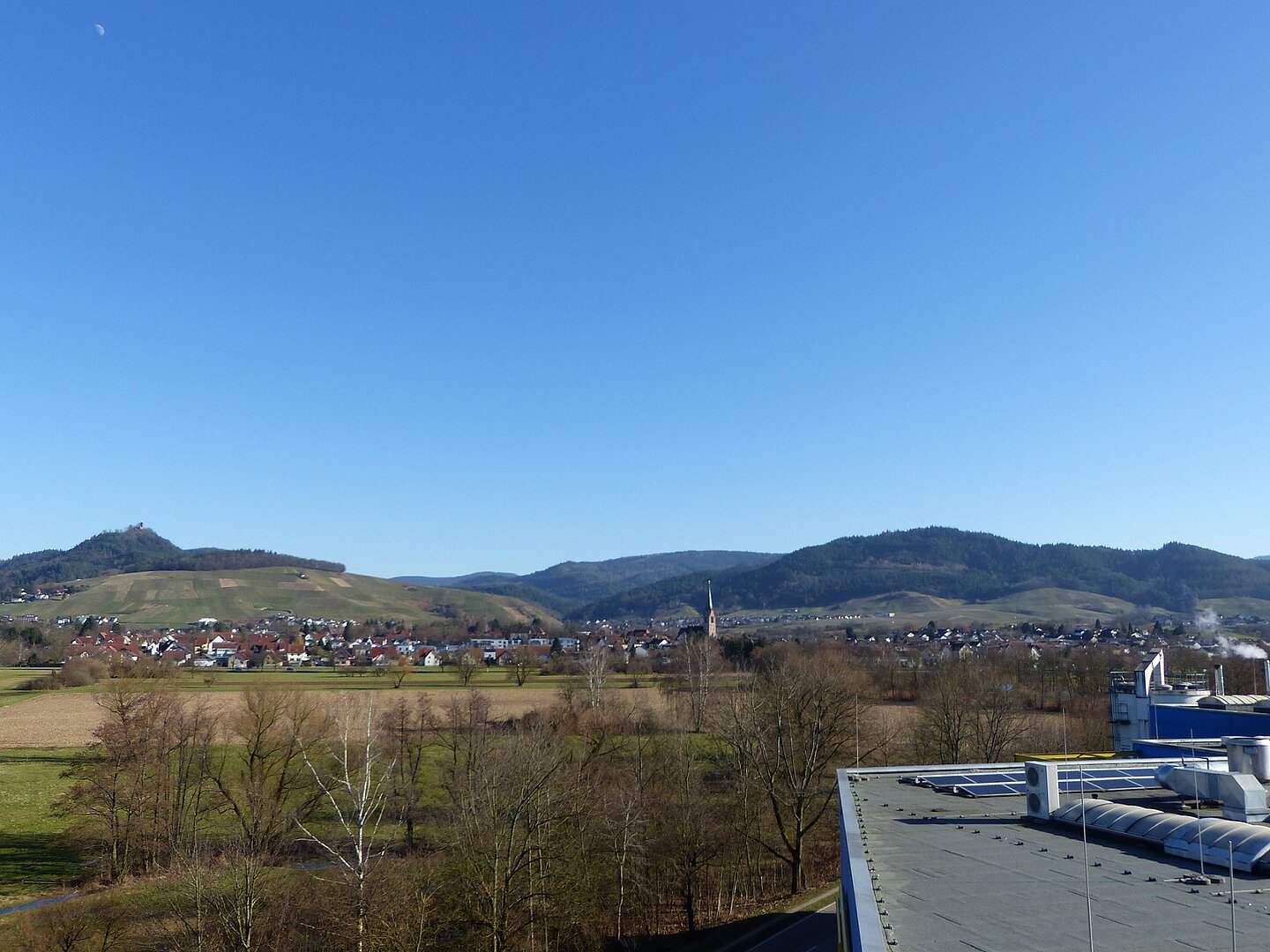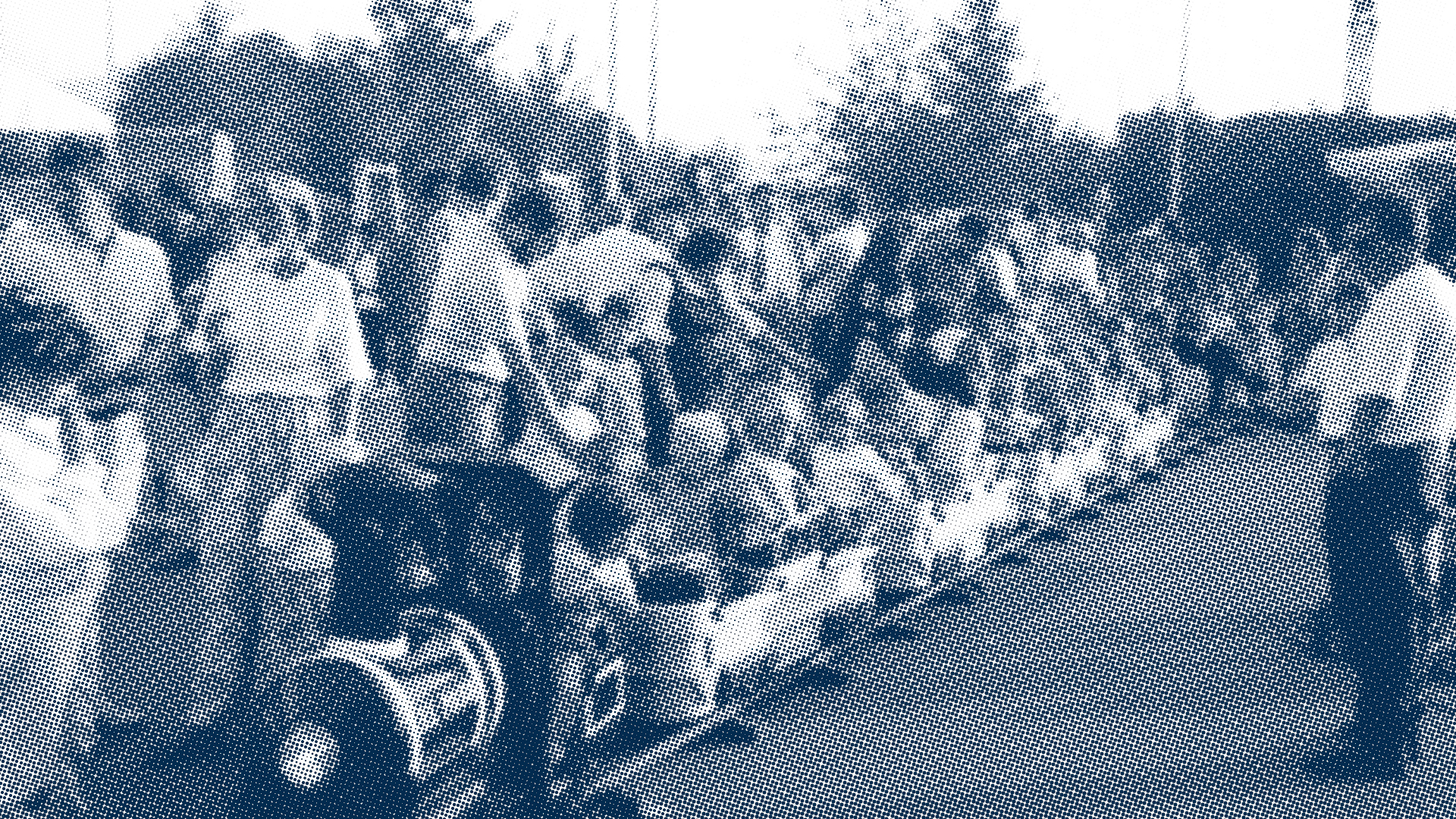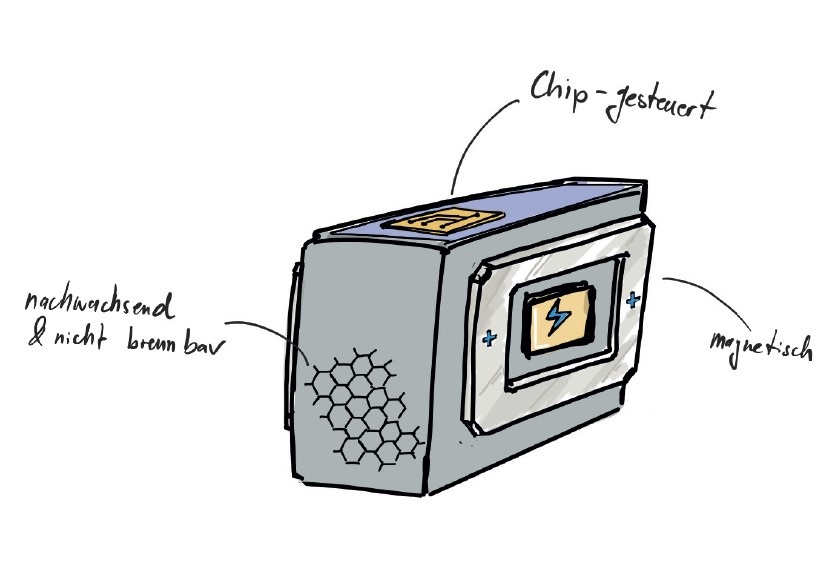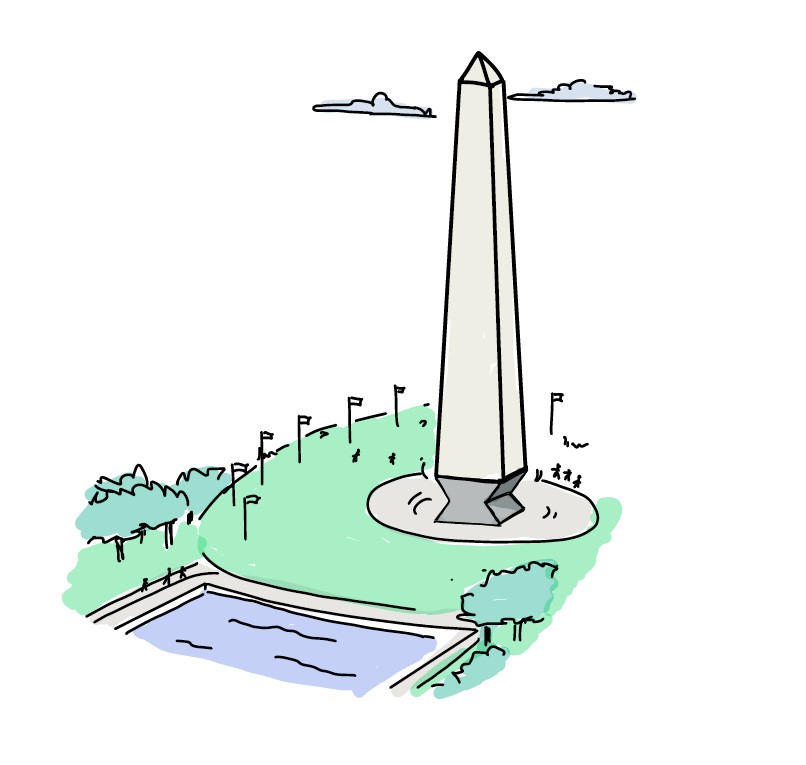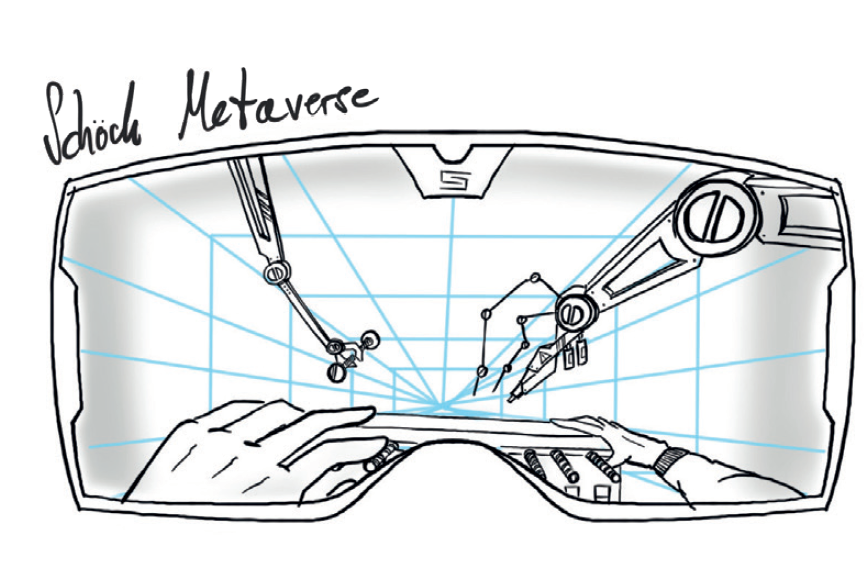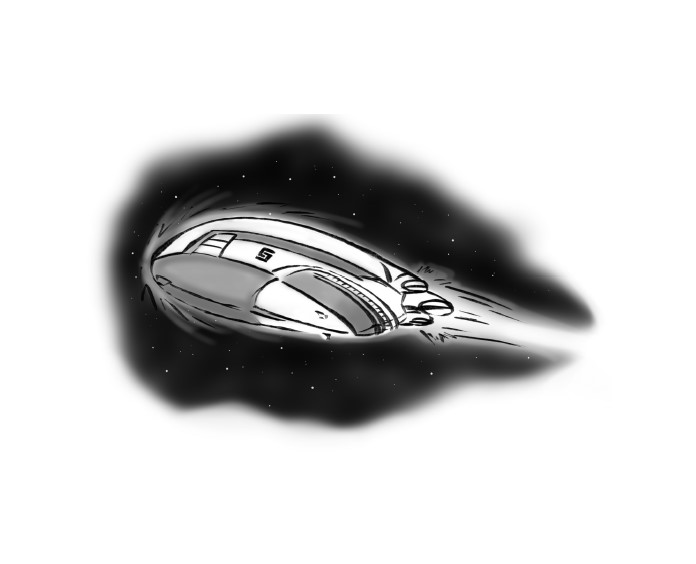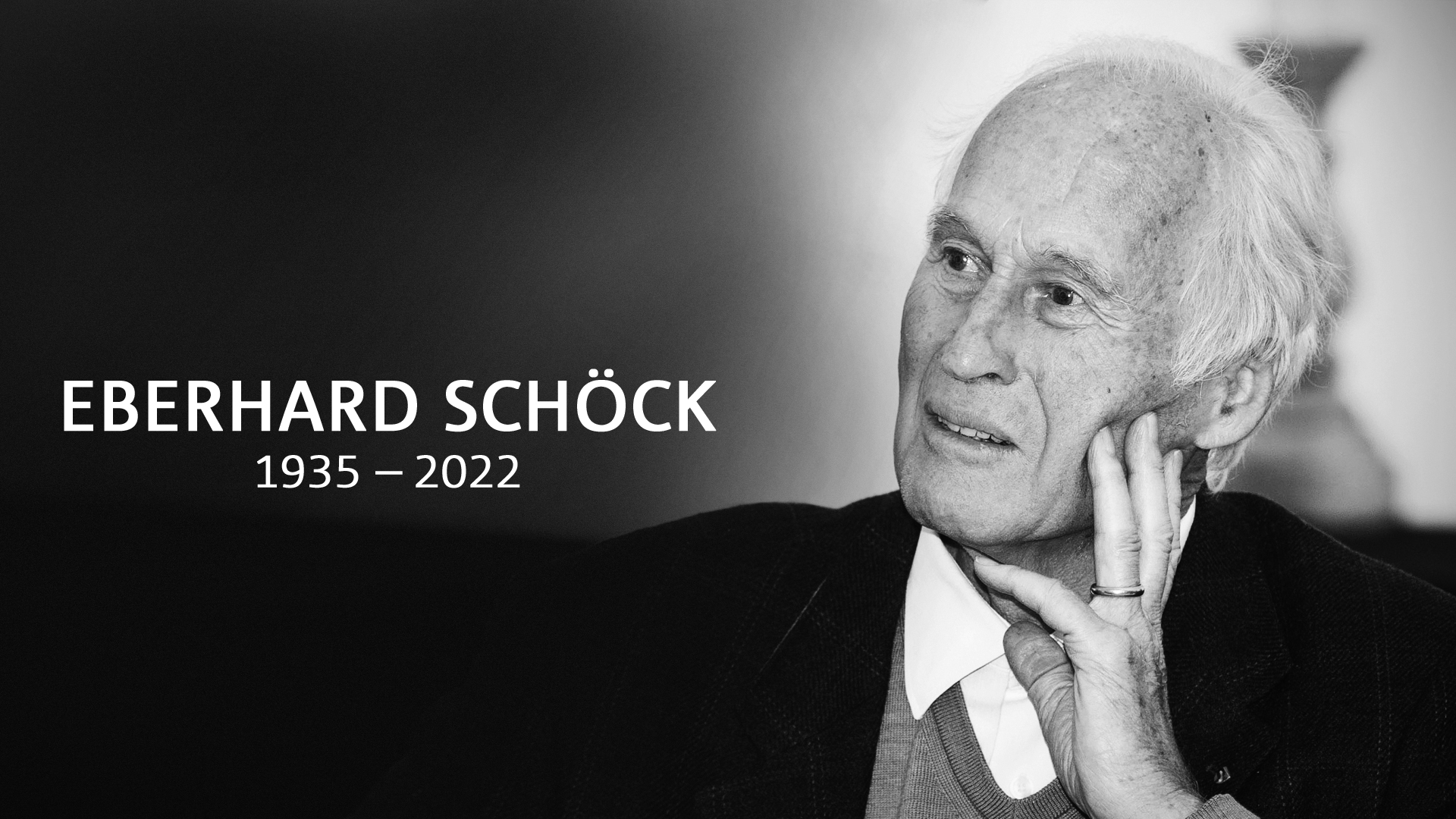EBERHARD SCHÖCK FOUNDATION –
CHANGE THROUGH TRAINING
When it comes to bringing something into the world, it takes both will and action. It is not only the entrepreneur Eberhard Schöck who is very active and committed, but also his entire company.
At the end of 1992, Eberhard Schöck set up a foundation for international understanding with Eastern Europe and the promotion of training for young people in the skilled trades. Training is modernised according to the Western model in Russia, Ukraine, the Republic of Moldova and Georgia. The demand for well-trained skilled workers is very high in these countries, but vocational training is generally outdated and not very practice-oriented. In cooperation with local partners, the training programmes are revised, instructors are trained, and classrooms and workshops are renovated in order to successfully set up and implement projects.
FUTURE THROUGH TRAINING –
THE SCHÖCK FAMILY FOUNDATION
The Schöck Familien Stiftung gemeinnützige GmbH was founded in 2012 on the initiative of Sabine Schöck. With the foundation, the Schöck Family currently primarily supports projects to promote school and vocational training in India, Nepal and some African countries, as well as development and social projects in Baden-Württemberg.
The family’s main aim is to support existing associations and other foundations in successfully setting up and implementing their projects. It is dear to the family’s heart to enable disadvantaged people to live a successful and responsible life through individually adapted support, good education and training.


